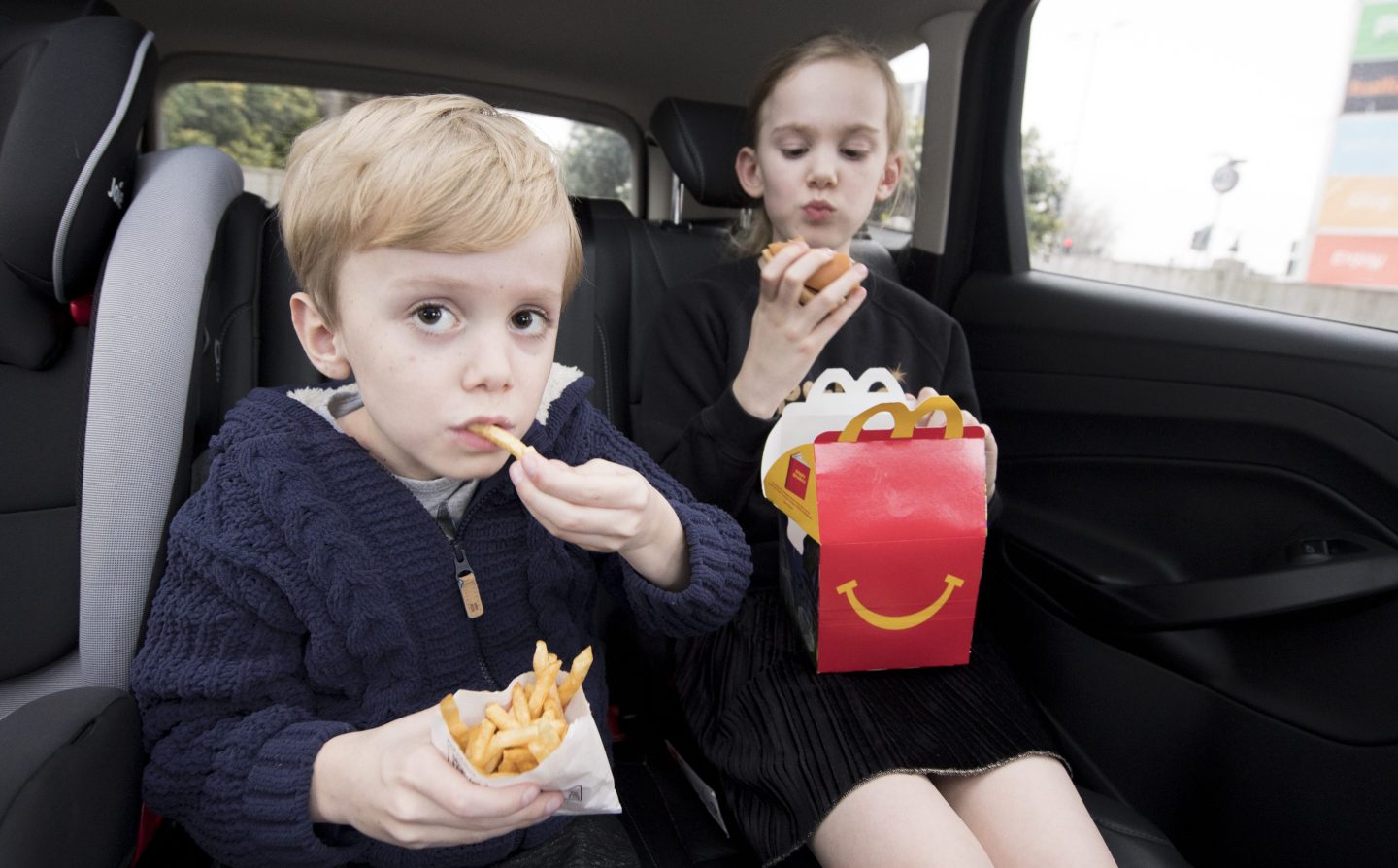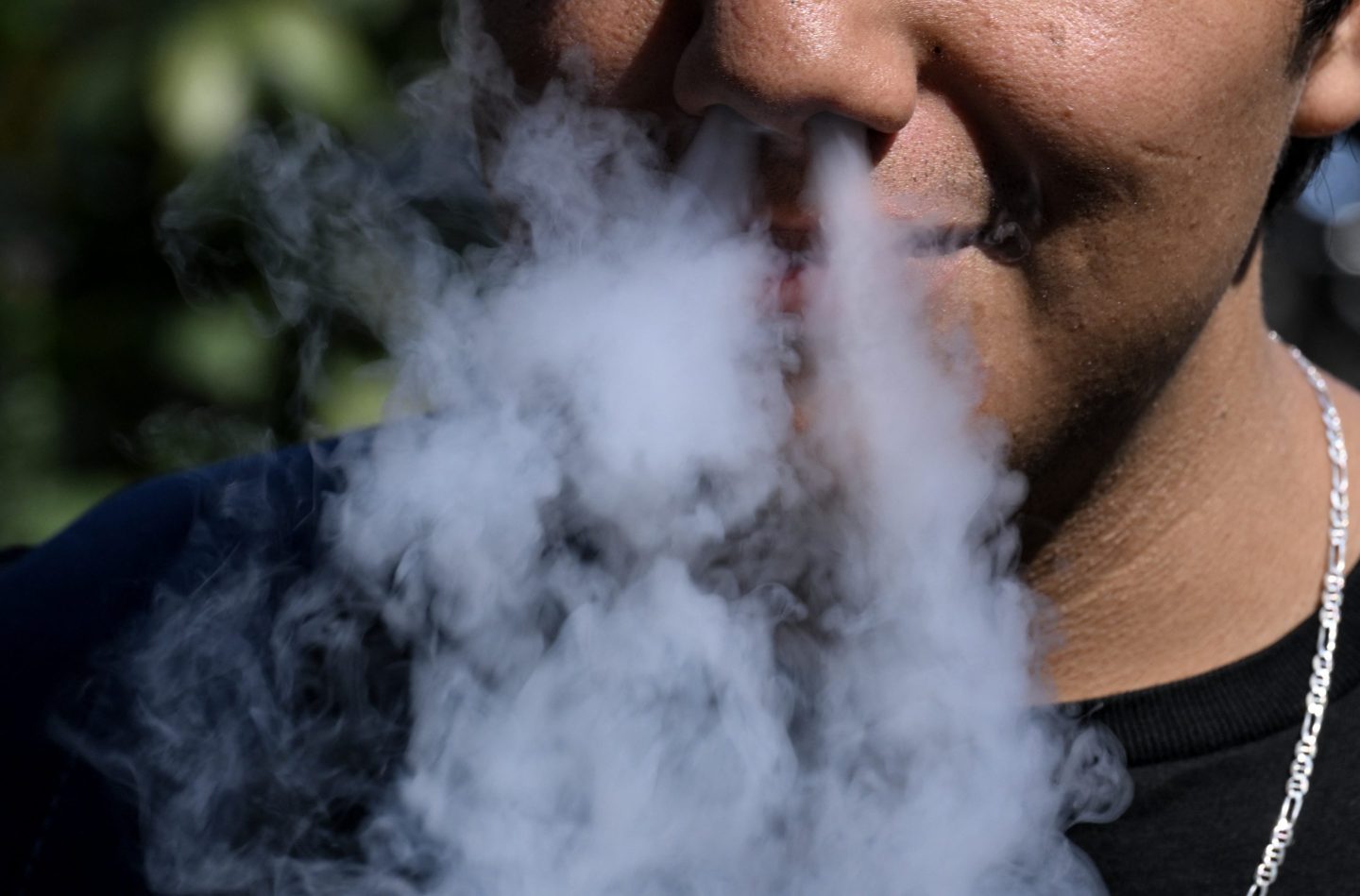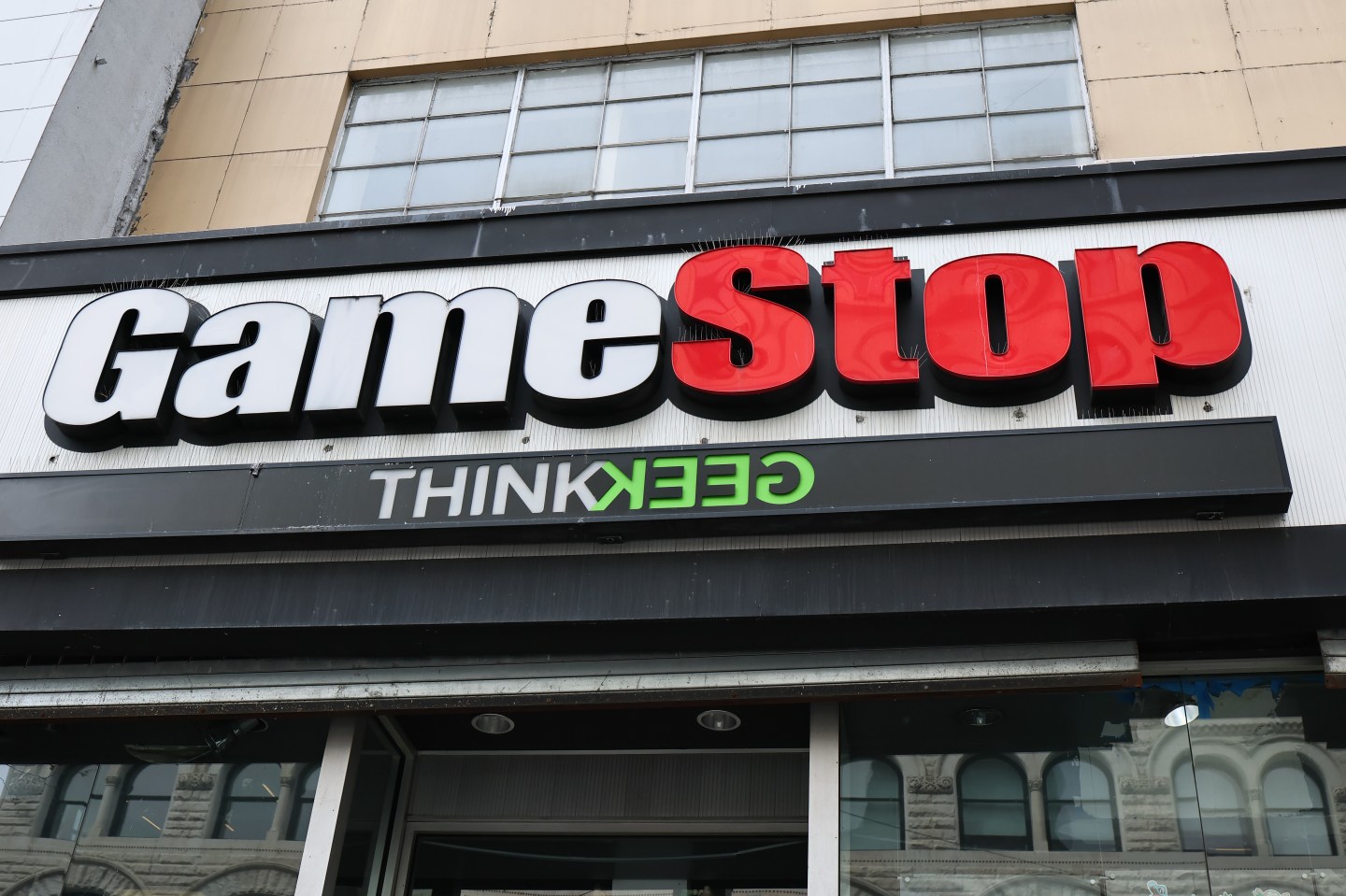McDonald’s may be known for its golden arches, and Cava for its four-letter name boldly stamped on each takeout bag, but both restaurant chains use the same letter to sum up business right now: a big K.
The respective fast-food CEOs are the latest in the restaurant business to sound the alarm of a K-shaped economy, where high-income earners are spending as if nothing is wrong, while lower-income Americans tighten their belts and pull back on spending.
“We continue to see a bifurcated consumer base with [quick-service restaurant] traffic from lower-income consumers declining nearly double digits in the third quarter, a trend that’s persisted for nearly two years,” McDonald’s CEO Chris Kempczinski said during the company’s earnings call on Wednesday, echoing a warning about a two-tiered economy he brought up in September. “In contrast, QSR traffic growth among higher-income consumers remains strong, increasing nearly double digits in the quarter.”
McDonald’s earnings missed estimates, but it saw rising sales, including a 2.5% increase in U.S. Comparable sales for the quarter, in part because of the sustained popularity of the $2.99 chicken Snack Wrap meant to appeal to budget-minded customers.
Cava, a fast-casual chain that has historically attracted white-collar workers and suburbanites, is having similar issues attracting lower-income diners. The Mediterranean-inspired restaurant cut back its full-year sales growth guidance, reporting flat foot traffic and a 1.9% increase in comparable sales—short of expectations for 2.7%. Cofounder and CEO Brett Schulman said younger customers are a particular challenge to reach because of the financial difficulties they are facing.
“We don’t want to overstate the challenges of the consumer, but you can look at the data,” Schulman told investors on Tuesday. “They’re clearly out there, whether it’s student loan repayment, consumer sentiment, just the inflationary pressures all around them, whether it’s health care cost, housing costs—Gen Z unemployment [is] twice the national average.
“When we look at the data, it’s more that the younger cohort, that 25-to-35 … they don’t have the steam that they had last year in the way that they were visiting or their frequency of visiting,” he added.
Schulman told Bloomberg the increase in comparable sales was the result of some consumers adding sides or ordering more premium proteins like steak, suggesting wealthier consumers are propping up Cava as others pull back.
Industry trends
McDonald’s and Cava’s observations about consumer struggles aren’t happening in isolation. Last week, Chipotle CEO Scott Boatwright and Shake Shack CEO Rob Lynch noted that young customers in particular are cutting back owing to financial pressures.
“This group is facing several headwinds, including unemployment, increased student loan repayment, and slower real wage growth,” Boatwright told investors on the company’s earnings call last month. “We’re not losing them to the competition. We’re losing them to grocery and food at home.”
Pullback behaviors are pronounced in young people—including many saddled with student loans—who experienced the steepest annual drop in credit of any generation since 2020, according to a recent FICO report. The unemployment rate for 16- to 24-year-olds—confronted with threats of AI and a stagnating job market—is nearly three times that of millennials and Gen Xers, according to data from the Federal Reserve Bank of St. Louis.
Young people have, as a result, sacrificed dining out. About 40% of Gen Z and millennial renters have reported eating out less to afford to pay the bills, according to an August Redfin survey of 4,000 U.S. Homeowners and renters. One in five young people reported skipping meals entirely to save money.
While these restaurant chains have made similar observations about a two-tiered consumer base, their strategies on how to address consumer headwinds diverge significantly. McDonald’s, as a fast-food chain, has continued to lean into affordability with its Snack Wraps and the return of its Extra Value Meals in September, the first of such promotions since the pandemic.
Cava, however, has reiterated it is not a fast-food restaurant. Schulman said the company will continue to rely on its better-for-you branding of fresh ingredients and more premium proteins that some diners may have to pay a couple extra dollars for.
“We’re not going to get into that heavy discounting to combat any cyclical headwinds. That’s why we talked about doubling down on exceptional operations and great guest experiences,” Schulman told investors. “We want to make sure we’re doing everything we [can] in that spirit to deliver for our guests in this time when they’re feeling pressures all around you.”













